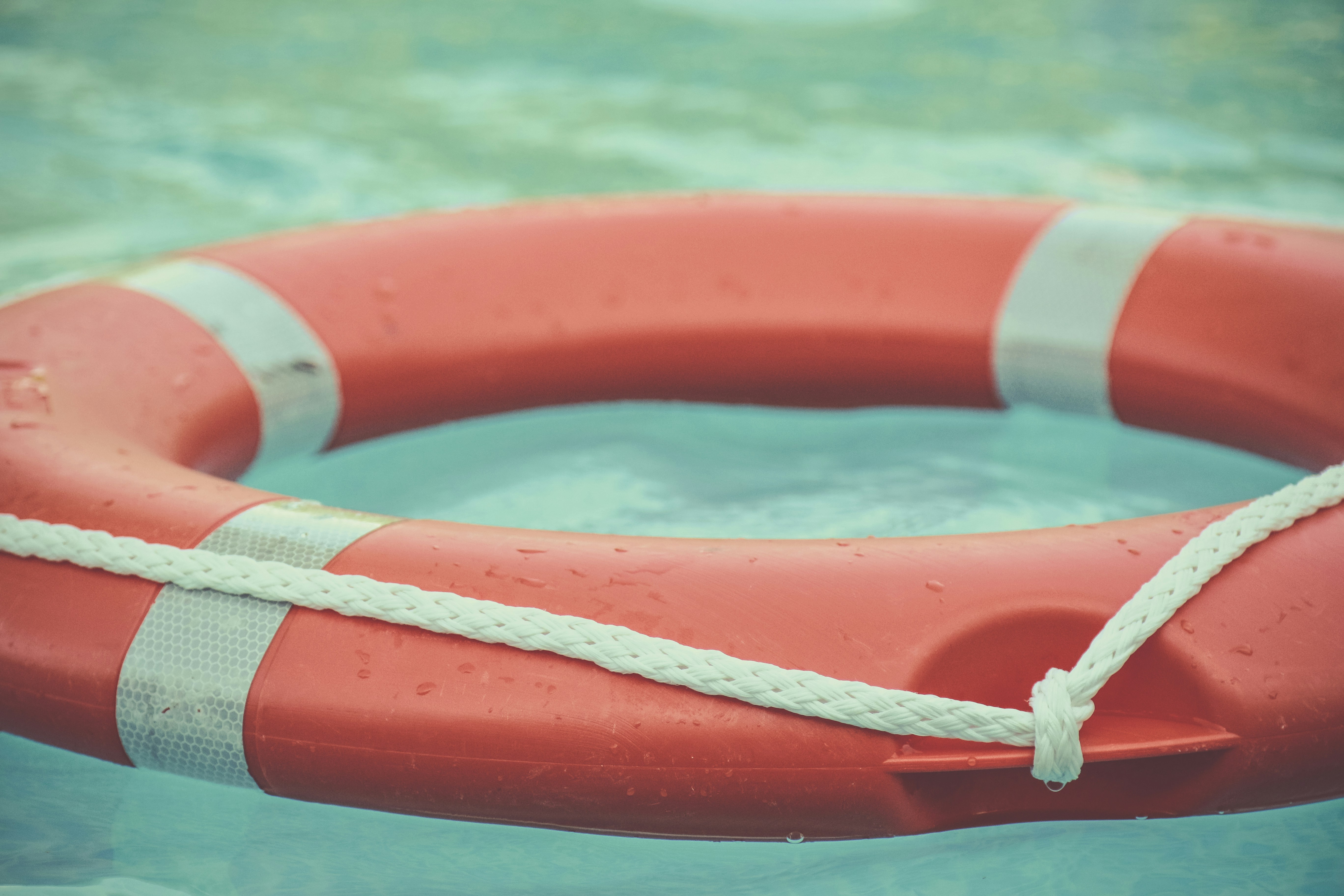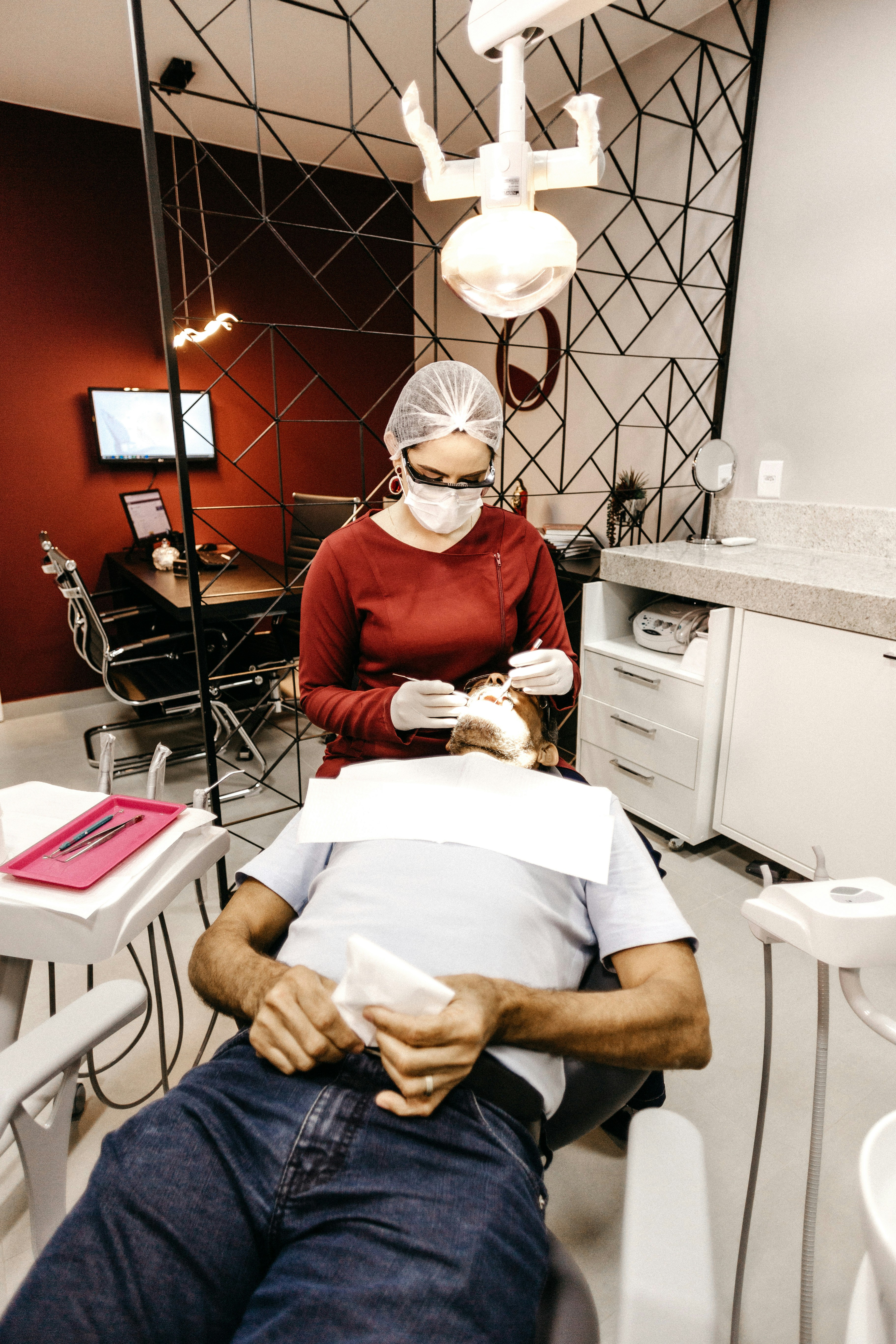When it comes to your health, being prepared can make all the difference. If you’re scheduled for an endoscopy procedure, understanding what to expect can ease any anxiety you might have. This minimally invasive technique allows doctors to view the inside of your body without major surgery. Whether you’re seeking answers about digestive issues or monitoring existing conditions, knowing how to prepare is key.
In this comprehensive guide, we’ll walk you through every step—from understanding what an endoscopy involves to recovery after the procedure. Let’s dive in and ensure you feel confident and ready for this important medical journey!
What is an Endoscopy Procedure?
An endoscopy procedure is a medical technique used to visualize the interior of your body. It involves inserting a flexible tube equipped with a camera and light source through natural openings, endoscopy such as the mouth or rectum.
This tool allows doctors to examine organs like the esophagus, stomach, intestines, and more. The real-time images help in diagnosing various conditions ranging from ulcers to tumors.
One of the significant advantages of an endoscopy is its minimal invasiveness. Unlike traditional surgery, it typically requires only mild sedation and has quicker recovery times.
Additionally, some procedures allow for therapeutic actions—like removing polyps or taking biopsies—all done during one visit. This dual capability makes endoscopy an essential tool in modern medicine for both diagnosis and treatment.
Reasons for Getting an Endoscopy
An endoscopy is often recommended for various reasons. It provides a direct look into the gastrointestinal tract and can reveal conditions that imaging tests may miss.
Patients might undergo this procedure to investigate symptoms like persistent abdominal pain, chronic heartburn, or unexplained weight loss. These signs could indicate underlying issues such as ulcers, gastroesophageal reflux disease (GERD), or even cancer.
Moreover, endoscopies are valuable for diagnosing inflammatory bowel diseases like Crohn’s disease and ulcerative colitis. They allow healthcare providers to take biopsies if needed.
Another reason people seek an endoscopy is for monitoring known conditions. If you have a history of polyps or other abnormalities, routine screenings can help catch any changes early on.
An endoscopy serves as both a diagnostic tool and a means of treatment in some cases, making it an essential part of managing gastrointestinal health.
How to Prepare for Your Endoscopy Appointment

Preparing for your endoscopy appointment is essential for a smooth experience. Start by discussing any medications you take with your doctor. Some may need to be paused before the procedure.
Next, you’ll likely receive specific dietary instructions. This often includes fasting or adjusting what you eat in the days leading up to your appointment. Follow these guidelines carefully to ensure clear results.
Gather important documents like insurance cards and identification ahead of time. Having everything ready will make check-in easier.
Consider arranging transportation as well, since sedation is common during endoscopies. You won’t be able to drive yourself home afterward, so plan accordingly.
Jot down any questions or concerns you have about the procedure. Bringing them along can help clarify things on the day of your appointment.
Day Before the Procedure: Preparing Your Body
The day before your endoscopy procedure is crucial for ensuring a smooth experience. Start by following any dietary restrictions provided by your doctor. This often includes avoiding solid foods and switching to clear liquids.
Stay hydrated throughout the day. Drink plenty of water, broth, or herbal tea to help flush out your system. Avoid alcohol and caffeine, as they can dehydrate you.
If prescribed laxatives or other bowel preparation medications, follow the instructions carefully. These are essential for obtaining clear visuals during the procedure.
Don’t forget to notify someone about your appointment if you haven’t already arranged for transportation home afterward. It’s important not to drive yourself post-procedure due to sedation effects.
Take some time to relax and mentally prepare yourself. Engage in calming activities like reading or meditating; this helps ease any anxiety leading up to the procedure.
Day of the Procedure: What to Expect
On the day of your endoscopy procedure, arrive at the facility with ample time to check in. This allows you to complete any necessary paperwork and settle your nerves.
Once inside, a healthcare professional will guide you through the process. You’ll change into a hospital gown and may be asked about your medical history again.
An intravenous (IV) line will likely be placed in your arm for sedation. It’s normal to feel some anxiety as this is part of many people’s experience.
The procedure itself typically lasts between 15 to 30 minutes, depending on what needs to be examined. You’ll receive sedatives that help you relax and make the experience more comfortable.
Afterward, you’ll spend some time in a recovery area where staff will monitor you until you’re ready to go home. Expect grogginess from the sedation; it’s essential not to rush this phase.
Recovery and Post-Procedure Care
After your endoscopy procedure, you’ll be moved to a recovery area where medical staff will monitor your vital signs. Expect some grogginess if sedation was used, which is completely normal.
It’s essential to have a friend or family member with you. They can assist with transportation home and provide support during the initial recovery phase.
You may experience mild discomfort, bloating, or cramping afterward. These symptoms typically dissipate within a few hours but don’t hesitate to reach out to your healthcare provider if they persist.
Hydration is key post-procedure. Drink plenty of clear fluids unless instructed otherwise by your doctor.
Follow any specific dietary guidelines given at discharge. Your body needs time to adjust after the procedure, so ease back into regular foods gradually.
Rest is equally important; allow yourself adequate time for healing before returning to daily activities or work commitments.
Possible Risks and Complications
Every medical procedure carries some level of risk, and an endoscopy is no exception. While it’s generally considered safe, complications can arise.
Some patients may experience bleeding at the site where the endoscope was inserted. This is rare but can occur, especially if a biopsy was taken during the procedure.
Perforation of the organ being examined is another potential concern. Although this occurs infrequently, it requires immediate medical attention.
Infections are also possible after an endoscopy. The use of sterile instruments minimizes this risk significantly, yet vigilance is crucial post-procedure.
Patients with certain health conditions might face higher risks. Discussing your complete medical history with your healthcare provider helps to identify any factors that could contribute to complications.
Being informed allows you to prepare mentally for what lies ahead while maintaining open communication with your medical team throughout the process.
Tips for a Successful Endoscopy Experience
Preparing for an endoscopy procedure can be daunting, but a few simple steps can enhance your experience.
First, follow the dietary restrictions given by your doctor. Adhering to these guidelines helps ensure clear visibility during the procedure.
Consider asking someone to accompany you. Having a friend or family member nearby provides emotional support and assistance post-procedure.
Stay hydrated before fasting begins. Drinking water helps keep your body functioning optimally leading up to the appointment.
Communicate openly with your healthcare team about any concerns or questions. They are there to help you feel comfortable and informed throughout the process.
Practice relaxation techniques like deep breathing. Reducing anxiety not only improves your overall experience but also contributes positively during recovery.
Conclusion

Preparing for an endoscopy procedure can feel daunting, but understanding each step makes it manageable. Knowing what to expect helps ease any anxiety you may have.
By following the guidelines provided—whether it’s clearing your schedule ahead of time, adhering to dietary restrictions, or ensuring you have someone to assist you post-procedure—you can set yourself up for a smooth experience. Remember, this diagnostic tool is designed with your health in mind.
Stay informed and communicate openly with your healthcare provider about any concerns or questions that arise throughout the process. Your comfort and safety are paramount during this important examination of your body’s internal systems. Being well-prepared will help lead to more accurate results and a better recovery journey afterward.